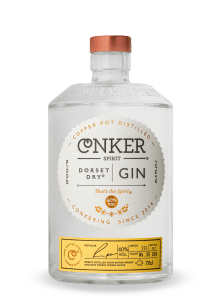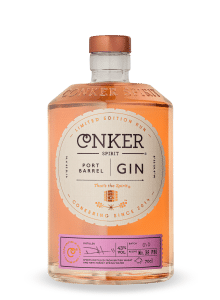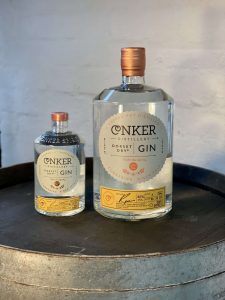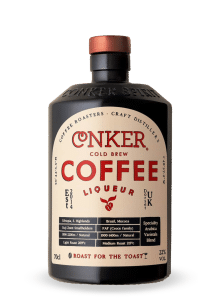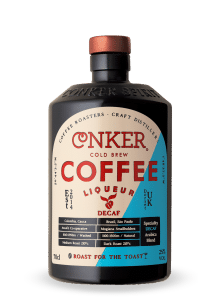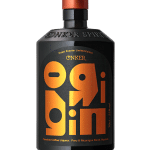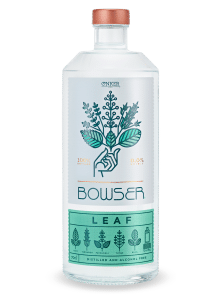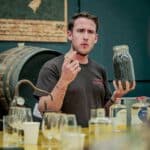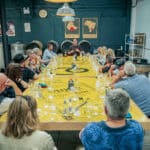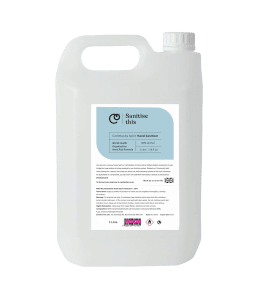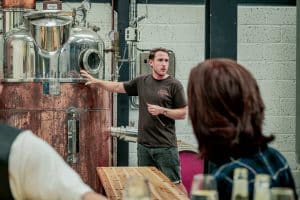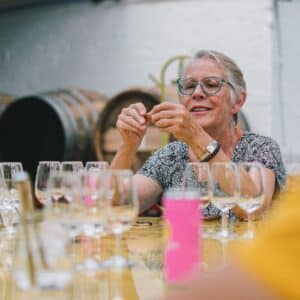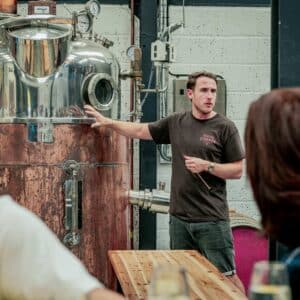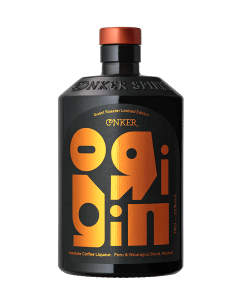What is Coffee Processing: Washed v Natural
What is Coffee Processing?
Transforming freshly picked coffee cherries into green beans ready for roasting involves a crucial step: coffee processing. This process significantly influences the final flavour, affecting sweetness, body, acidity, and aroma.
At Conker, we build our bold taste entirely on the natural flavour of the beans, without relying on flavourings. Therefore, choosing the right coffee processing method becomes a critical decision. It’s the first step after harvest and sets the stage for the depth and character of every sip of your Conker Espresso Martini.
In this article, we explore the key differences between washed and natural coffee processing methods, examine how they shape flavour, and discuss their environmental and social implications.
Why is Coffee Processing important?
Coffee processing refers to the series of steps that remove the fruit layers surrounding the bean immediately after harvest. The farmer’s approach to processing directly influences the coffee’s flavour and character.
The two most common methods—washed and natural—each affect the flavour profile, sweetness, acidity, and mouthfeel in distinct ways.
At Conker, we collaborate with sustainable coffee farms in Brazil and Ethiopia. These farms apply these methods with care and precision, allowing us to create a Coffee Liqueur that’s consistently flavourful, sustainable, and true to its origins.
What is the Washed Coffee Process.
The washed (or wet) process begins by sorting freshly harvested cherries to remove any underripe or damaged fruit. Next, ripe cherries pass through a depulping machine, which removes the outer skin and much of the fruit pulp.
The beans, still coated in sticky mucilage, then transfer to fermentation tanks filled with water, where they ferment for 12–72 hours. During this period, natural enzymes and microbes break down the mucilage, loosening it from the bean.
After fermentation, thorough washing with clean water removes any remaining residue. Finally, the beans dry—typically on patios or raised beds—until they reach the optimal moisture level for storage and export.
This method yields clean, bright flavours with notes of citrus and florals, offering clarity in the cup.
What is the Natural Coffee Process?
In the natural process, cherries dry with the whole fruit intact. After harvest, workers sort the fruit and spread it on raised beds or patios to dry in the sun.
Over 2–4 weeks, the fruit ferments, infusing the bean with a rich mix of sugars and flavours. Regular turning and sorting prevent mould and ensure even drying. Once dry, hulling removes the brittle fruit.
This method creates bold, fruity flavours—think berries and wine. Natural processed coffees add sweetness and richness to Conker Coffee Liqueur, elevating flavour without added flavourings.
How coffee processing impacts flavour.
Processing methods create unique tasting notes, which we assess through coffee cupping when selecting beans for Conker Coffee Liqueur. Cupping reveals each coffee’s aroma, acidity, sweetness, and finish—all influenced by processing.
Washed coffees deliver clean and crisp profiles, with greater acidity and brighter flavours. They bring structure and clarity.
Natural coffees offer full-bodied and fruity experiences, with berry, tropical, and wine-like flavours. They add richness and sweetness.
By cupping each coffee and understanding its profile, we craft a Coffee Liqueur that’s rich and bold without resorting to flavourings.
The environmental impact of coffee processing.
Different processing methods have varying environmental impacts.
Washed processing requires significant infrastructure: fermentation tanks, water storage systems, and a reliable water source. Additionally, without proper wastewater treatment, fermentation by-products can run off into local water systems, polluting streams and rivers.
Natural processing, on the other hand, is far lower impact. It requires little more than drying beds and sunshine, making it ideal for regions where water is scarce. It puts less pressure on local ecosystems and requires minimal infrastructure—making it more sustainable for both the planet and the producer.
The social impact of coffee processing.
The cost of infrastructure means washed coffee processing can be out of reach for many smallholder farmers, especially those in remote areas. Access to clean water and fermentation tanks isn’t always an option.
In contrast, Natural processing offers a more accessible route with minimal setup. With just raised beds and the heat of the sun farmers can now access premium markets they were once excluded from.
Changing tastes and new opportunity.
There was a time when the tasting notes characteristic of natural processed coffee were perceived as undesirable defects. However, today’s broad tastes in coffee mean that natural coffees are celebrated for their bold, fruit-forward profiles.
This rise in popularity of natural processed coffees has created real opportunities for micro-lot farmers in remote, mountainous regions.
This shift in demand has levelled the playing field, allowing remote micro-lot producers to produce Speciality Grade coffees and earn a fairer price for their crop.
Why coffee processing matters to us.
Coffee processing is the unsung hero of flavour. It marks the first transformation on a journey that finishes in your glass—shaping the quality, aroma, and depth of the final drink.
At Conker, we treat processing as a craft. From the structured clarity of washed coffees to the vibrant sweetness of naturals, every batch we choose reflects skill, sustainability, and character.
These thoughtful choices build every bottle of our Coffee Liqueur—crafted to celebrate not only what great coffee can be, but also the people who grow it.
Journal
Read more articles…

